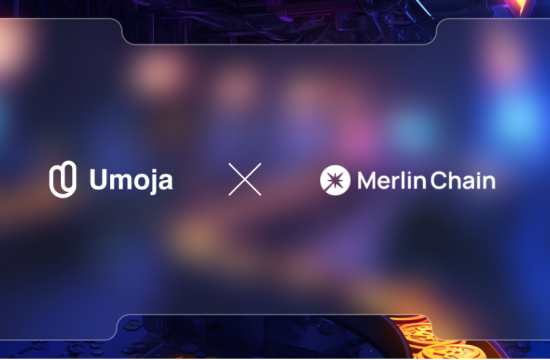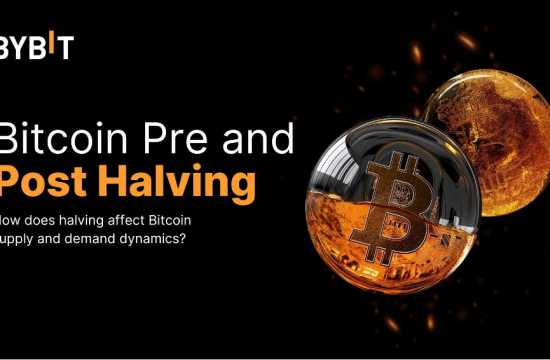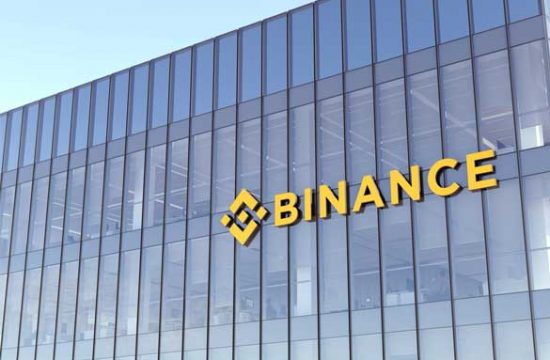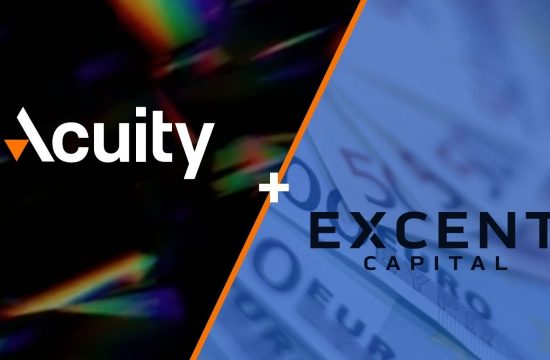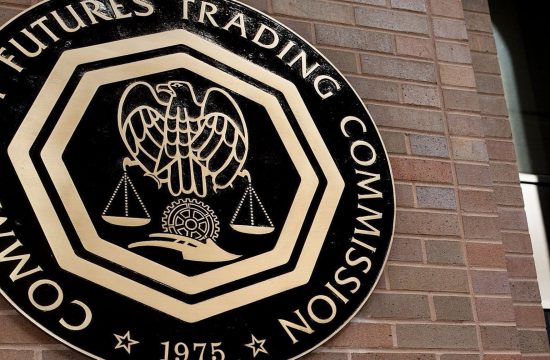Bitcoin-based DeFi platform DeFiChain announced the listing of its native DFI token on Gate.io, one of the world’s leading cryptocurrency exchanges.

The ERC-20 version of DFI token starts trading against USDT on Gate.io on September 26 at 10 a.m. UTC, with the launch of trading on the DFI-BTC pair to follow suit shortly. The native version of DFI will be made accessible on the trading platform by mid-October.
The listing comes shortly after Gate.io’s Lithuania-based arm, Gate Global UAB, has been granted a license to offer virtual asset services in Lithuania. Obtaining this Lithuanian crypto licence is a significant milestone for Gate.io and facilitates its registration in other European countries, expanding its scope of service to reach more users worldwide.
Listing on Gate.io gives the DFI token exposure to the millions of cryptocurrency traders and investors who use the platform around the world, including in Dubai where it recently won approval to offer fully-licensed OTC crypto trading services.
Traders and investors buying DFI on Gate.io platform will be able to transfer the token to their DeFiChain wallet or wherever they want. The DFI token is already available for trading on Huobi Global, Kucoin, Bybit (ERC-20 format), Bittrex, Bitrue, Hotbit, and Bitpanda.
Getting listed on Gate.io is another big step for DeFiChain as users of top tier exchanges are increasingly looking forward to accessing the variety of real world assets it offers. With every additional listing it becomes easier for the masses to enter the world of native decentralized finance on DeFiChain.
The goal of the DeFiChain Foundation is to include decentralized finance in the Bitcoin ecosystem. According to Benjamin Rauch, VP Marketing DeFiChain Accelerator, “We are extremely happy that the DFI token can now be traded on Gate.io and more and more people are able to access the no. 1 DeFi blockchain on Bitcoin.”
DeFi is the core of DeFiChain ecosystem
The DeFi token is at the core of the DeFiChain ecosystem. The governance token facilitates all the activities on the world’s first DeFi blockchain to be built on the Bitcoin network. This includes providing liquidity and staking for blockchain consensus and security. It also acts as collateral to mint, reward or borrow stock tokens and the dUSD stablecoin.
Since its mainnet in 2020, DeFiChain has made significant progress on the side of community involvement. Recently, it rolled out a decentralized bridge that connects its own token and the whole ecosystem with Binance’s BNB Chain.
The feature enables users to swap tokens between chains within seconds, unlocking opportunities for arbitrageurs and staking optimizers. DeFiChain users can bridge-in or bridge-out tokens between their native blockchains and BNB Chain via regular deposit and withdrawal functions.
When users want to switch from the pegged tokens back to the original tokens, they can burn the wrapped DFI and get native DFI on DeFiChain. The company indicated that as the bridge adoption grows, DeFiChain plans to make composite swaps possible by allowing users to automatically convert BNB to dBNB and ETH to dETH.
DeFiChain also creates decentralized assets (aka dTokens) that perform similarly to stocks. Specifically, users can mint dTokens on the DeFiChain blockchain by depositing BTC, DFI, dUSD, USDT or USDC as collateral. However, the dTokens are not “securities”, meaning they give users price exposure but not ownership, voting rights, dividends, or other benefits available to stockholders. Additionally, the value of these tokens is secured not by the traditional assets that they track, but rather by cryptocurrencies that are deposited into vaults.



